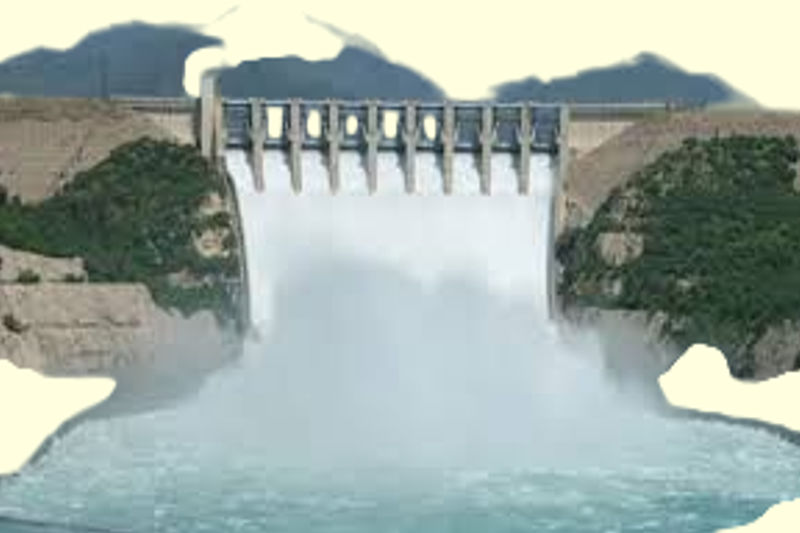The water dispute between Pakistan and India over the Indus Waters Treaty (IWT) has been a longstanding issue, particularly concerning the Sindh water contract and India’s control over upstream dams. The 1960 convention, which was mediated by the World Bank, states that the Indus River and its tributaries are shared. However, recent tensions have raised concerns about India’s ability to close water dams, potentially violating international law. This article explores the legal implications of India restricting water flow to Pakistan and whether such actions are permissible under the Indus Waters Treaty.
Understanding the Indus Waters Treaty (IWT)
The Indus Waters Treaty divides the six main rivers of the Indus Basin between India and Pakistan. India is granted the Sutlej, Beas, and Ravi rivers in the east.
Western Rivers (Indus, Jhelum, Chenab): Primarily allocated to Pakistan, but India is permitted limited use for non-consumptive purposes like hydroelectric power.
The treaty was designed to prevent conflicts by ensuring Pakistan’s water security while allowing India certain rights over upstream projects. However, disputes have arisen over India’s dam constructions, such as the Kishanganga and Ratle hydroelectric plants, which Pakistan claims violate the treaty.
Can India Legally Close Water Dams Under International Law?
1. India’s Rights Under the IWT
India has the right to construct run-of-the-river hydroelectric projects on the western rivers, provided they do not significantly alter water flow to Pakistan. However, completely shutting off water would breach the treaty. The IWT does not grant India unilateral authority to block Pakistan’s water supply.
2. Violations of International Law
If India were to close dams and cut off water to Pakistan, it could be seen as a violation of:
Customary International Water Law: Principles like “equitable and reasonable utilization” and the “no-harm rule” under the UN Watercourses Convention prohibit upstream nations from causing significant harm to downstream states.
Human Rights Law: Denying water could be considered a violation of the right to water, recognized by the United Nations.
3. Dispute Resolution Mechanisms
A three-step conflict resolution procedure is part of the IWT:
1. Permanent Indus Commission (PIC): Bilateral discussions.
2. Neutral Expert: A neutral expert is chosen if negotiations are unsuccessful.
3. International Court of Arbitration (ICA): The final recourse.
Pakistan has previously taken India to the World Bank-backed court over dam projects, indicating that any attempt by India to close water dams would likely face legal challenges.
Geopolitical Implications of India Restricting Water
If India were to block water flow, it could escalate tensions and lead to:
Humanitarian crisis in Pakistan’s agricultural regions, especially Sindh and Punjab.
Diplomatic fallout, possibly involving third-party mediation by the UN or World Bank.
Potential for conflict, as water scarcity could worsen already strained relations.
Conclusion: Is India’s Dam Closure Legal?
Under international law and the Indus Waters Treaty, India cannot legally close dams to deprive Pakistan of water. While India has certain rights to utilize the rivers for hydroelectric projects, complete restriction of water flow would violate the treaty and customary international water laws. Any such action would likely trigger legal proceedings and international condemnation.
For lasting peace, both nations must adhere to the IWT’s dispute resolution mechanisms and avoid unilateral actions that could destabilize the region. The Sindh water contract and Pakistan’s rights must be respected to prevent further escalation in one of the world’s most volatile regions.
Key Takeaways:
India cannot legally close dams to cut off Pakistan’s water supply under international law.
Violations could lead to legal action via the World Bank or UN.
Water disputes risk humanitarian and geopolitical crises in South Asia.
By adhering to international water laws and the IWT, both countries can avoid conflict and ensure sustainable water management for future generations.


